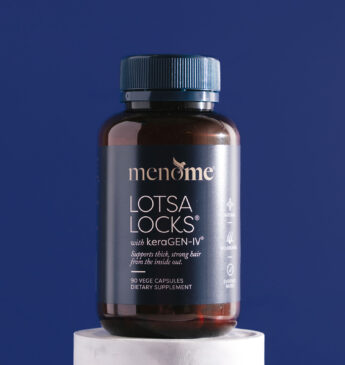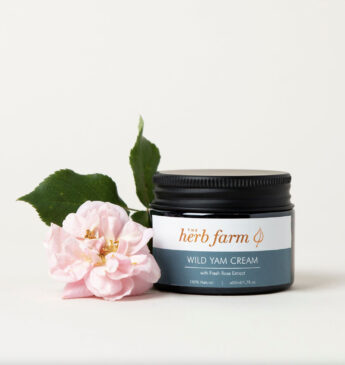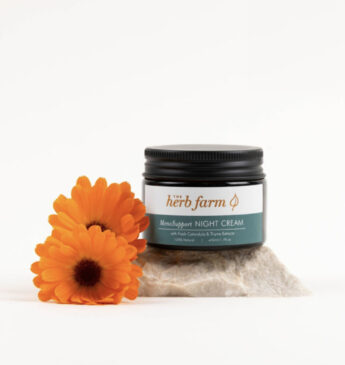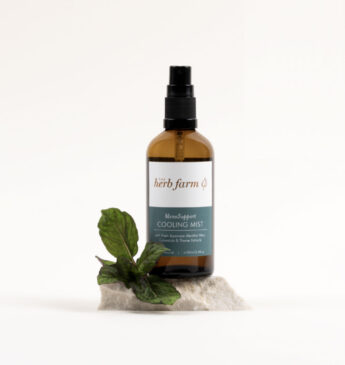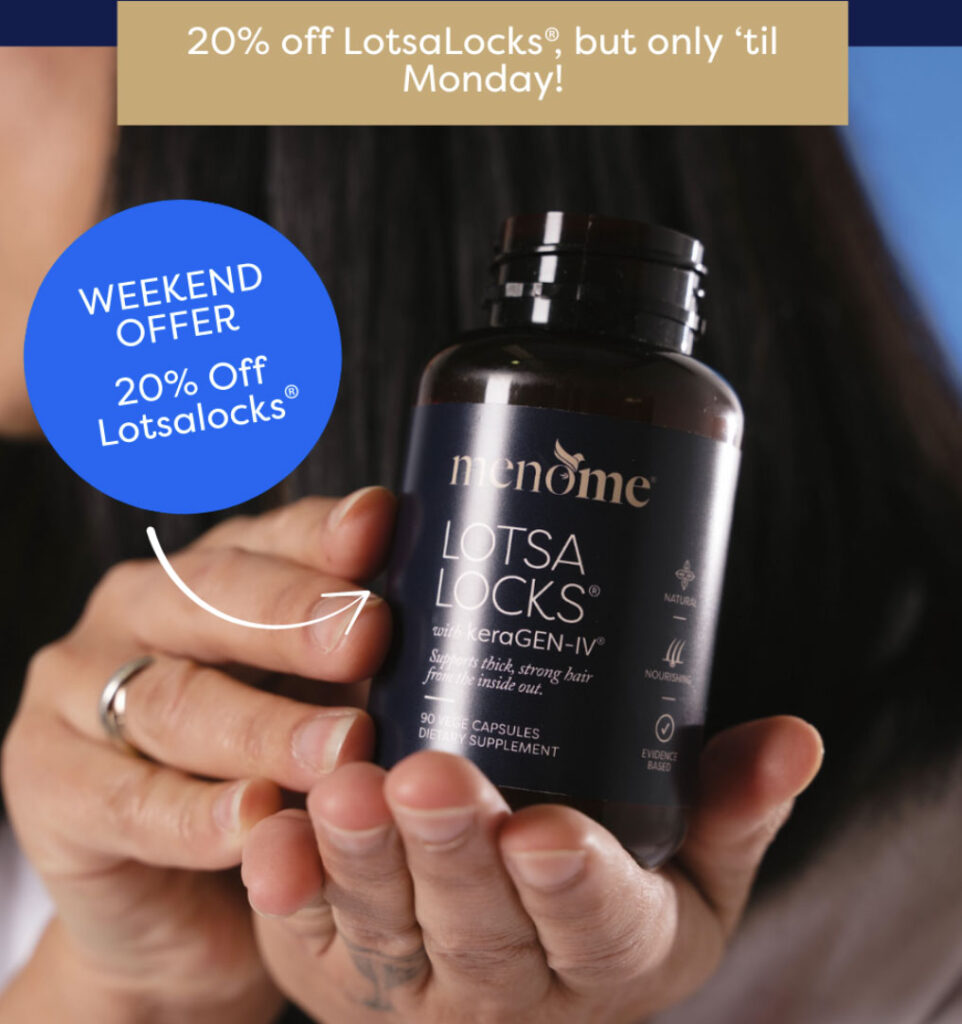Healthy hair, nails and skin
- Hair Skin & Nails
LotsaLocks® with keraGEN-IV®
$90.00 — or$90.00Original price was: $90.00.$76.50Current price is: $76.50. every 3 months Add to cart - Hair Skin & Nails
LotsaLocks® 6 Month Bundle
$180.00Original price was: $180.00.$162.00Current price is: $162.00. — or $135.00 every 6 months Add to cart
Lots-a-locks has made a significant difference in my thinning hair and nails that were breaking easily. Less hair on the hairbrush, and regular manicures now as my nails are growing like crazy!! Thank you so much for these products, I will be a regular customer and highly recommend to others!!
Great product. Definitely has helped with my thinning post menopause hair!
I have been using the lotsalocks and my hair is much thicker again…my partner has told me to keep buying it so I will happily do so. Loving the MenoMe supplements.
Lotsalocks is in my permanent stack, that and getting my iron and B vitamins up has stopped my hair loss
I have been so grateful for the customer service and support AND Lotsa Locks has definitely helped my hair. Thank you.
